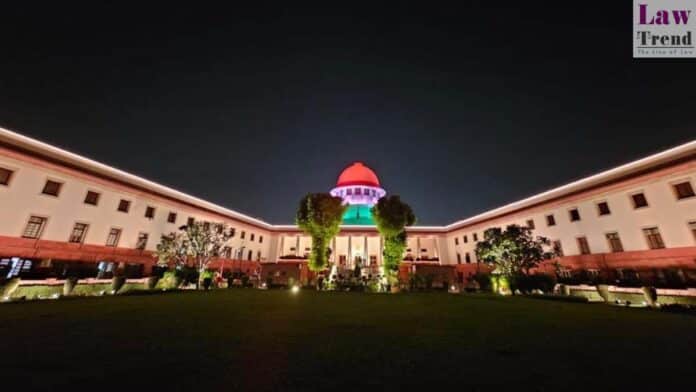The Supreme Court of India has given a directive to the Central Government to submit a comprehensive proposal by April 30 concerning the integration of electric vehicles (EVs) into various government departments. This initiative aims to address the escalating issue of pollution, especially in metropolitan areas.
On Wednesday, a bench comprising Justices Abhay S Oka and Ujjal Bhuyan highlighted the need for this transition during a session where Additional Solicitor General Aishwarya Bhati represented the government. The court emphasized the urgency of phasing out older, pollution-heavy vehicles, noting that approximately 60 lakh outdated vehicles are still operational in Delhi, with another 25 lakh in the broader National Capital Region (NCR).
Justice Oka expressed concerns about these figures, stating, “The significant number of over-aged vehicles plying in Delhi and the NCR region is alarming. We will issue further directions on this matter when we address the broader issue of vehicular pollution.”
Further to their environmental initiatives, the apex court also mandated the Centre to expedite a study on the potential of remote-sensing technology to monitor vehicular emissions. Initially, the Union of India requested 10-12 months to conduct this study, but the court has now reduced this timeframe to three months.
Aishwarya Bhati highlighted some challenges in gathering data due to technological advancements such as the FASTag system, which allows vehicles to pass toll plazas without stopping, thus complicating traditional data collection methods. “With the advent of FASTag, it has become difficult to conduct studies at toll plazas as vehicles no longer stop here, which is a setback for our ongoing research,” Bhati explained.
The proposal to use remote sensing devices for on-road emission testing was initially put forward in 2019 by the Environment Pollution (Prevention and Control) Authority, a body that assists the Supreme Court on environmental issues.
This directive comes as part of the ongoing efforts by the Supreme Court to combat air pollution, under the landmark Public Interest Litigation – M C Mehta v. Union of India, which has been active since 1984. The court continues to play a critical role in shaping India’s environmental policy, particularly in tackling the persistent issue of air pollution in urban centers.




